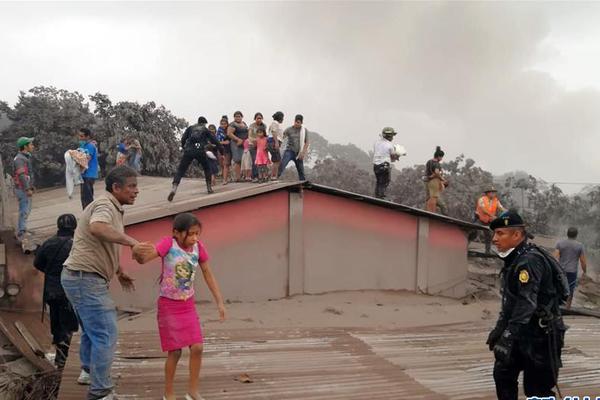Google's mobile VR platform,Taiwan Daydream, is getting some major updates.
During its I/O developer conference Thursday, Google unveiled the next version, Daydream 2.0, which aims to turn the inherently isolating medium of VR into something more social, with new features like shared viewing of YouTube videos and casting VR to a Chromecast-enabled TV.
SEE ALSO: Google unveils VR headsets that don't need smartphonesThe new version, called Daydream Euphrates, focuses on three areas: more tightly integrating VR into Android, improving content discovery, and enabling shared experiences in virtual reality.
This Tweet is currently unavailable. It might be loading or has been removed.
These shared experiences include the ability for friends to watch YouTube videos in VR together as well as new screen capture and casting abilities from VR. The goal, according to Google, is to make it easier for people to share what they're experiencing in VR with those who may not have access to a headset. Notifications appear as they do on phones, in a virtual Android window.
Via GiphyGoogle also showed off a redesigned dashboard for Daydream. In addition to making it easier to discover new content, the retooled interface helps you keep tabs on your Android notifications while in virtual reality.
This Tweet is currently unavailable. It might be loading or has been removed.
Behind the scenes, features like casting and Android notifications are possible because Google is more tightly integrating virtual reality with the Android operating system starting with the release of Android O (the Euphrates update will roll out with the O release later this year.)
Even so, not every Android smartphone that gets the O update will be Daydream-compatible. Currently, there are eight devices that support Daydream and Google announced Thursday that there will be more Daydream-ready phones, including LG's next flagship, coming later this year.
Featured Video For You
This bioprinter is able to create almost anything in a giant tub of goo
Topics Augmented Reality Google Virtual Reality









